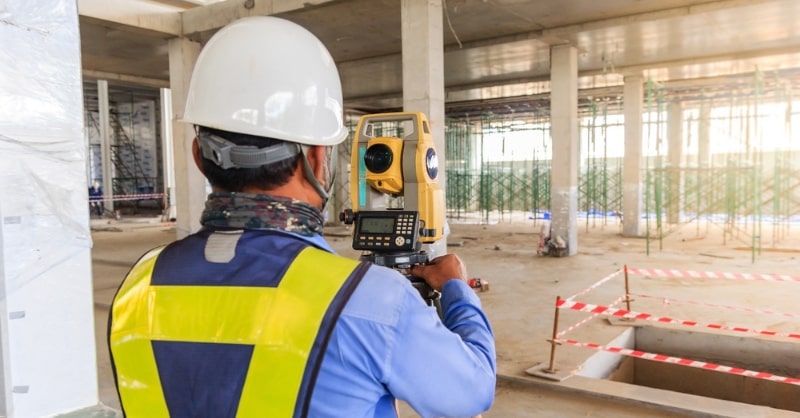A career in building surveying is not only limited to university graduates. A school-leaver can pursue this career and become a building surveyor. You can get into this career through:
- A university course
- An apprenticeship programmes
- Working towards this role
- A graduate training scheme
Through University
You can become a building surveyor by taking a course from the university. There are plenty of universities that provide building surveying related courses. The related course’s subject is:
- Surveying
- Construction
- Civil engineering
- Building engineering
The courses must be approved by the Royal Institution of Chartered Surveyors (RICS). If you don’t have the above-mentioned degree, but you have a degree in different subjects, you can also pursue this career. For instance, the degree you have is in economics, law or maths; you could take an accredited postgraduate qualification in surveying.
There are other subjects that may help to provide relevant knowledge about building surveying include:
- Economics
- Geography
- Languages
- Mathematics
- Science
- Social sciences
- Urban and land studies.
Entry requirements for a university course
You will usually need:
- For a degree: 2 to 3 A levels, or equivalent.
- For a postgraduate course: a degree in any subject.
Through apprenticeship programmes
You can become a building surveyor through an apprenticeship programme. Apprenticeships offer training to the interested body and provide a great way to enter the profession.
RICS are keen to remove the barriers for young people who might want to get into building surveying. Everyone knows that a university degree can be expensive, and it is not for everyone.
A school leaver can sign up to the Chartered Surveyors Training Trust (CSTT). This organisation offers apprenticeship schemes to help young people become surveyors. And also help them qualify for associate membership (AssocRICS).
Building surveying degree apprenticeships are available via a range of employers. You will need five years to complete the apprenticeship degree. During this time, you will work four days a week and spend one day a week studying in a partner university.
You will get a salary from the employer during that time. Because an apprenticeship is all about paid training. A building surveying degree apprenticeship (level 6) won’t cost you anything either because the government or your employer will pay all the fees. You can also secure a long-term earning potential and progress your career from apprenticeship.
Entry requirements for apprenticeships
You will need to do this apprenticeship are:
- 4 or 5 GCSEs at grades 9 to 4 (A* to C) and A levels, or equivalent, for a higher or degree apprenticeship
- Apprenticeships are a very effective way of learning new skills, boosting your knowledge and gaining first-hand work experience. The training enables you to gain transferable skills for the jobs.
On completing your degree apprenticeship, you’ll end up with a B.Sc (Hons) degree in Building Surveying. Also, you will get registered as a Chartered Surveyor with the RICS. And then it’s time to let the big money, big projects and good times roll.
Working towards this role
If you have a relevant foundation degree or HND and are working in this industry, you can also become a building surveyor. For instance, you are working as a surveying technician, you may be able to do further building surveying qualifications.
Through other routes
There are other routes to become building surveyors. Many companies provide a postgraduate qualification through a graduate trainee scheme; you can enrol with them. Or get trained in building surveying through distance learning with the University College of Estate Management.
The Building Surveyor Training course is open to all people, and there are no formal entry requirements. To become a building surveyor by this route, you need to have:
- A passion for learning,
- A good understanding of the English language
- Numeracy skills,
- IT skills
- And need to be over the age of 16.
For instance, you can take training on building surveying from One Education. The course is delivered through an online learning platform. You can access this course and materials through any internet-connected device. There are no formal deadlines or teaching schedules so that you can study the course at your own pace.
After successfully completing this course, you will receive:
- An Endorsed Certificate of Achievement from the Quality Licence Scheme.
- CPD Certification from One Education.


![]() 19 minutes
19 minutes


![]() 19 minutes
19 minutes